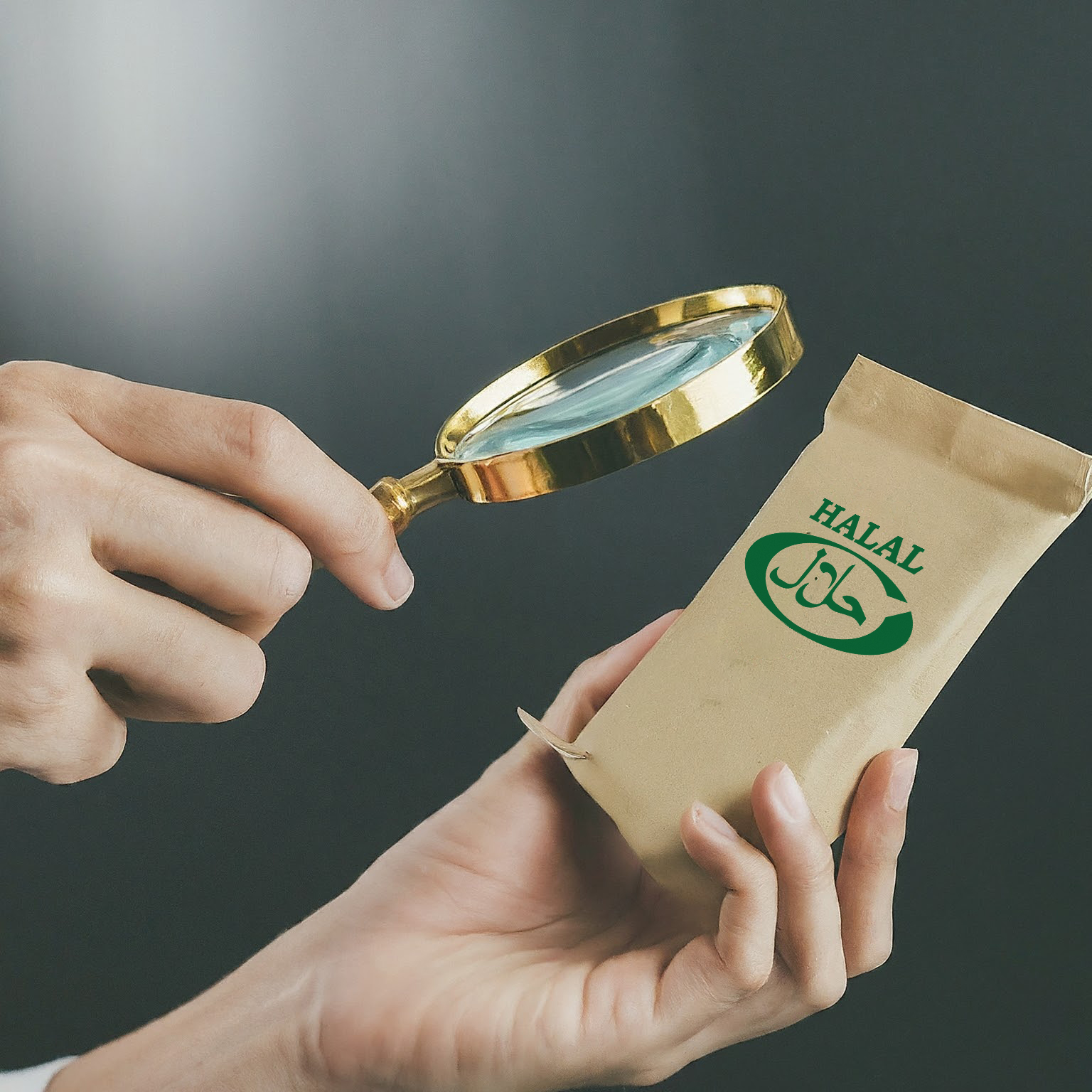What Do Halal Compliance Auditors Check?
- Compliance with Halal standards and Industry Best Practice: Auditors will check whether the company is following the proper standards, and regulatory requirements for the certification they are pursuing.
- Documentation: Auditors will examine records, procedures, manuals, and other documents to determine whether they are up to date, accurate, and complete. Among other things, audit documentation includes records of the planning and performance of the work, the procedures performed, evidence obtained such as halal certificate for high risk items and supporting document (e.g. LOG (Letter of Guarantee) , and conclusions reached by the auditor.
- Implementation of policies: Auditors will check whether the company is following its own policies and procedures for halal, quality management and other areas, such as safety, environmental impact, or information security.
- Training: Auditors will check whether the staff members working at the company have adequate halal & hygiene training and knowledge to perform their job roles accurately.
- Internal audits: Auditors will examine whether the organization conducted internal monitoring /audits, reviewed their results, identified problems, and resolved them to improve their system.
- Evidence of Continual Improvement: Auditors will look for evidence of continual improvement of the organization’s management system.
- Corrective Action: Auditors will check whether the company has taken corrective action to address any non-conformities or problems identified during previous audits.
- Evidence of Performance Metrics: They will verify if there are any performance metrics the organization established to assess the effectiveness of its management system and if those metrics are monitored.
- Management Review: Auditors will check whether an annual management review took place to assess the adequacy and effectiveness of the quality management system, indicating the senior management’s genuine commitment to quality.
